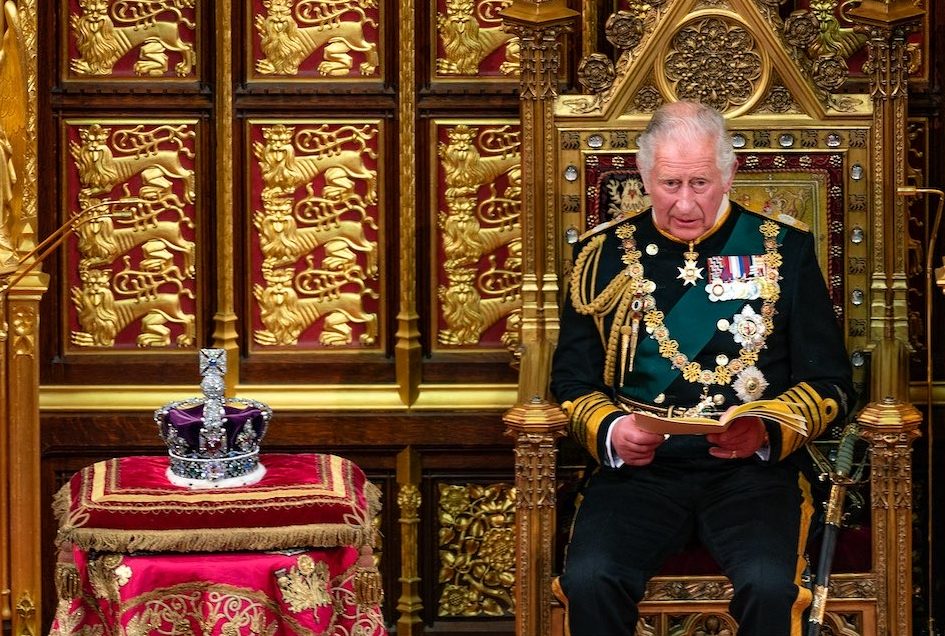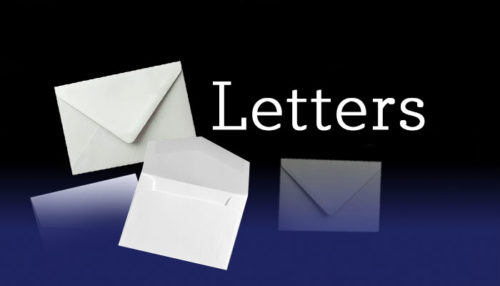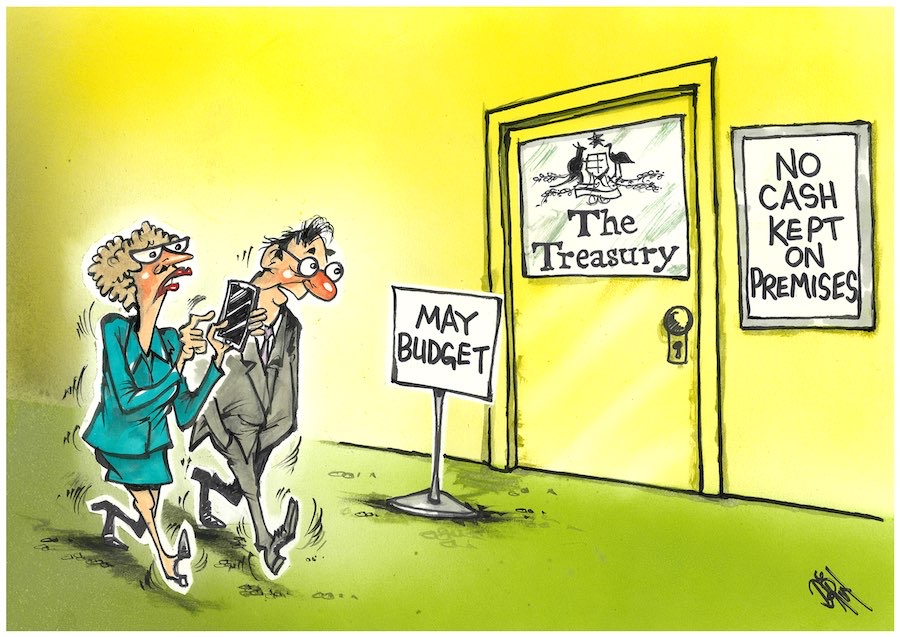
Australia has a new head of state: JESS CARNIEL asks what will Charles be like as king?
WITH the passing of Queen Elizabeth II, Australia has a new king. The BBC has confirmed Charles will take on the regnal name of “King Charles III”.
Charles was made the Prince of Wales at age nine in 1958 – with his investiture held a decade later – making him the longest-serving royal heir in the longest reign of a British monarch.
We are familiar with him as a senior royal, but what will it be like now he is king?
Who is Charles?
With the popularity of Netflix drama “The Crown” and Pablo Larrain’s “Spencer”, starring Kristen Stewart, we are currently awash with fictional (re)imaginings of Charles.
Of particular interest, however, is his marriage to Princess Diana. Despite now being married to Camilla, the Duchess of Cornwall, for almost 16 years, the pageantry of his wedding to Diana and the subsequent divorce still loom large in the public imagination.
Romantic entanglements aside, Charles’ career as a senior royal has been plagued by scandals.
Two salient examples include his association with Jimmy Savile and, more recently, cash-for-honours allegations against his foundation.
He has also had a tumultuous relationship with the press, filing a successful court case against the “Mail on Sunday” in 2006 for publishing excerpts from his private journals. Charles was also one of several royals targeted by the “News of the World” phone hacking affair.
Like other senior royals, Charles is patron of numerous charities.
However, the issue apparently most dear to his heart is the environment. He has long advocated for environmental sustainability and even has his own organic brand and sustainably-built urban village.
The British monarch is intended to be a non-partisan, impartial head of state. As heir, however, Charles has been prolific in letters lobbying various government ministers. This makes Charles much more interventionist than his predecessors.
Will Charles make a ‘good king’?
Since 2019, British market research firm YouGov have maintained a poll tracker asking this very question.
The results paint the very picture of ambivalence, with 34 per cent of respondents endorsing King Charles and 33 per cent opposing such an outcome. The final 33 per cent were unsure.
Importantly, despite being the second most popular royal, Prince William is not necessarily viewed as “king material”. In fact, only 37 per cent of Brits expressed a preference for Prince William to lead the monarchy over Charles.
A similar poll taken while the queen was alive asking whether she was doing a good job found 59 per cent believe she did, while only 4 per cent believe she did not.
But what do we mean by a “good king” or “good queen” in a constitutional monarchy where political power rests largely with the parliament?
We shouldn’t simply dismiss the political power of the monarch entirely – after all, they can still sack the government.
However, the idea of a good king or queen today is more linked to their symbolic power. They derive this symbolic power not only from their ceremonial roles, but from what they mean to the ordinary Commonwealth citizen.
The long reign of Queen Elizabeth II has made her an icon of familiarity and constancy, particularly amid a tumultuous 20th and 21st centuries.
As her long-serving heir, Charles has also come to represent stability, but has generally failed to capture public sentiment.
So even if Charles succeeds in meeting some objective criteria to become a “good king”, he may not assume this role with the same public favour as his mother.
What will this mean for Australia and the Commonwealth?
Australia arguably has sentimental meaning for Charles. He spent a semester of his schooling at Geelong Grammar’s Timbertop campus, and at one point was even keen to become its governor-general.
However, this idea proved to be unpopular with both Australians and the Queen, albeit for different reasons.
Today, modern attitudes to the monarchy and the question of an Australian republic remain ambivalent.
A 2021 Ipsos online poll found that republican attitudes in Australia had subsided since their peak in 1999 – the year of the failed republic referendum.
Only 34 per cent agreed that Australia should become a republic, while 40 per cent were against the proposal. The other 26 per cent were unsure. This uncertainty was highest among respondents aged between 18 and 24.
The future of the monarchy is an issue entwined with the historical and contemporary legacies of colonialism. Combined with the personal ambivalence some may feel towards Charles, his succession may reignite republican debates.![]()
Jess Carniel, Senior Lecturer in Humanities, University of Southern Queensland., This article is republished from The Conversation.
Who can be trusted?
In a world of spin and confusion, there’s never been a more important time to support independent journalism in Canberra.
If you trust our work online and want to enforce the power of independent voices, I invite you to make a small contribution.
Every dollar of support is invested back into our journalism to help keep citynews.com.au strong and free.
Thank you,
Ian Meikle, editor




![Teacher Vanessa Jones has been living in Higgins since 2001, and while she loves the area, she says she is “fed up” with the neglectful ACT government.
The Higgins shops have been completely abandoned, says Vanessa, preventing the opportunity for residents to have a community-centred space to socialise.
They only received bins nine months ago, she says, and requests for a water station and repairs to the bus station have gone unanswered.
“It’s very, very slow,” says Vanessa.
“I asked for the zebra crossing on Fullagar [Crescent] to be repainted, and we had to wait about six or nine months.
“That’s just such a long time… we pay a lot of rates.”
Vanessa says assistance from the government only seems to go to communities with time-rich and assertive communities, leaving places such as Higgins, where the majority of households have both adults working full-time and English may not be the first language of the family, at an automatic disadvantage.
“If you’ve got two people working, paying a mortgage, raising two or three kids, they don’t have the time,” says Vanessa.
Vanessa says the lack of attention quieter places such as Higgins is receiving is starting to look a lot like favouritism.
Read the full article on our website citynews.com.au
#canberra #canberranews](https://citynews.com.au/wp-content/plugins/instagram-feed/img/placeholder.png)
Leave a Reply